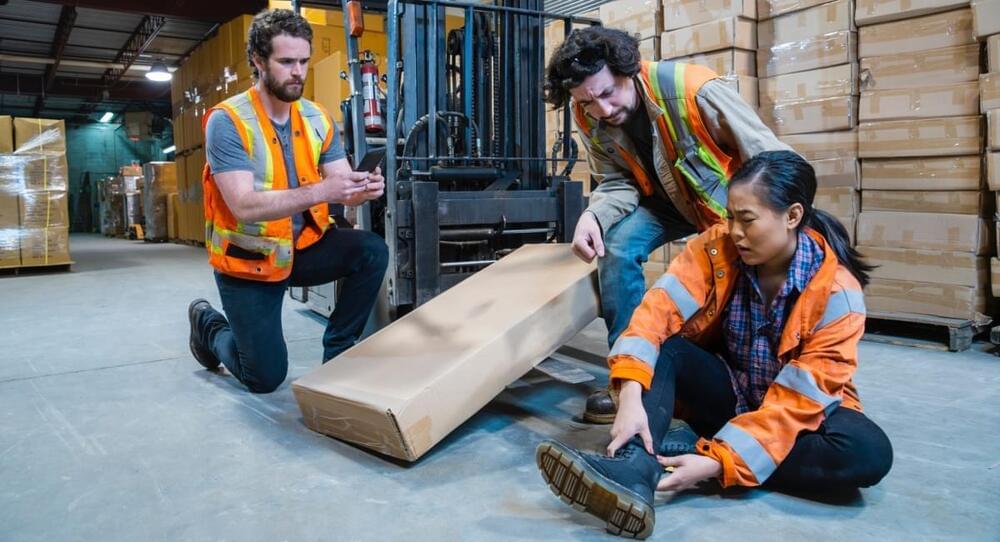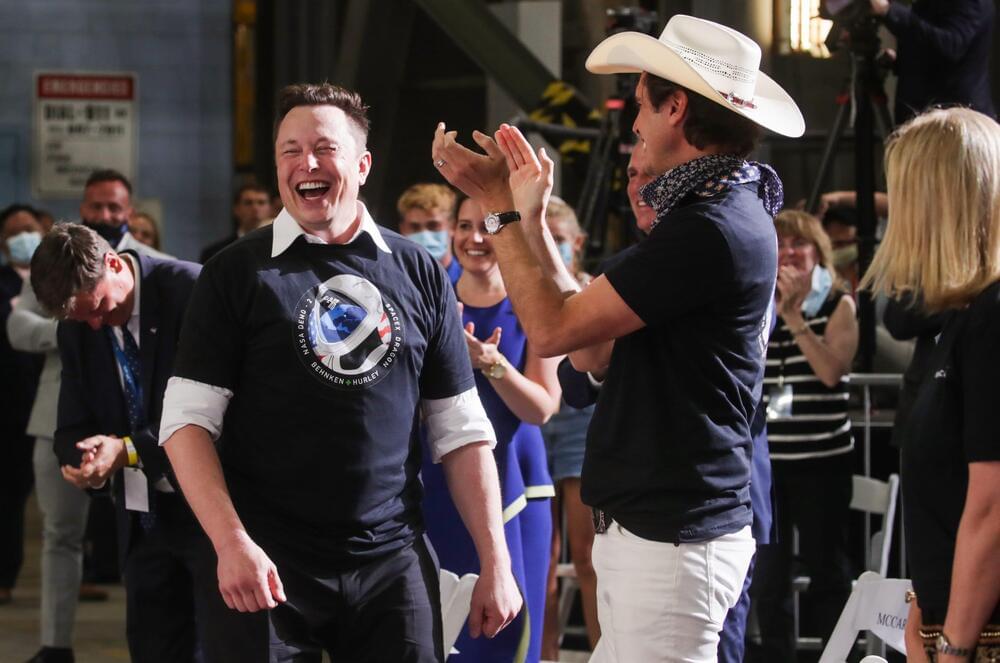This article features about how quantum computing in 2022. Check this article out to learn more about quantum computing in 2022.
Quantum computing has progressed from an experiment to a tool to an apparatus that is now making advances in the venture to tackle complex issues. Experts accept that the world has gone into the ‘Quantum Decade’ — an era when ventures start to see quantum computing’s business esteem. The advances in equipment, software development, and administrations approve the technology’s momentum, which is making it ready for additional breakthroughs in 2022 and helps the market for the inevitable reception of this revolutionary technology.
What is quantum computing’s fate in 2022? Or is it capable enough to turn our fate all around? We at Analytics Insight brought a quick synopsis of quantum computing’s predictions and performance in 2022. Scroll down to know more.







